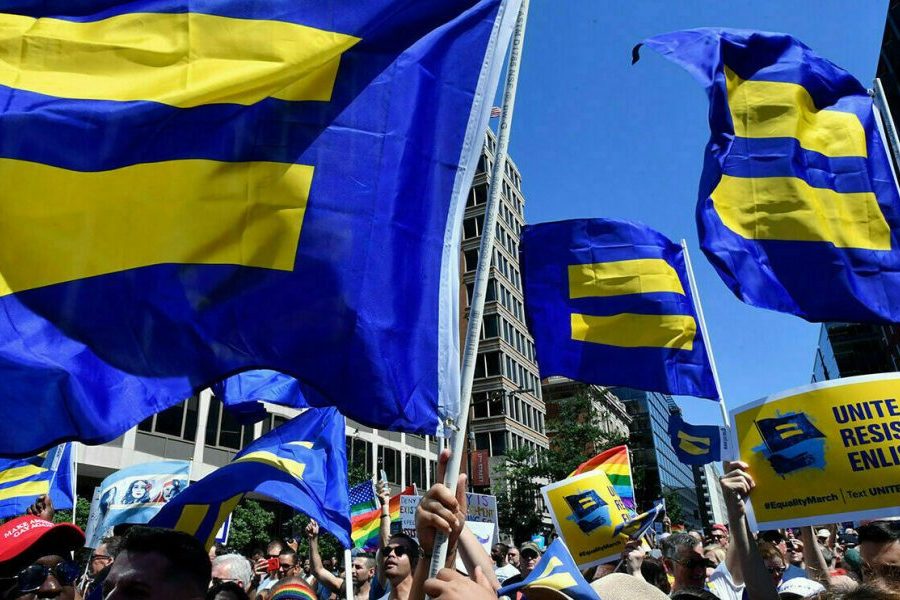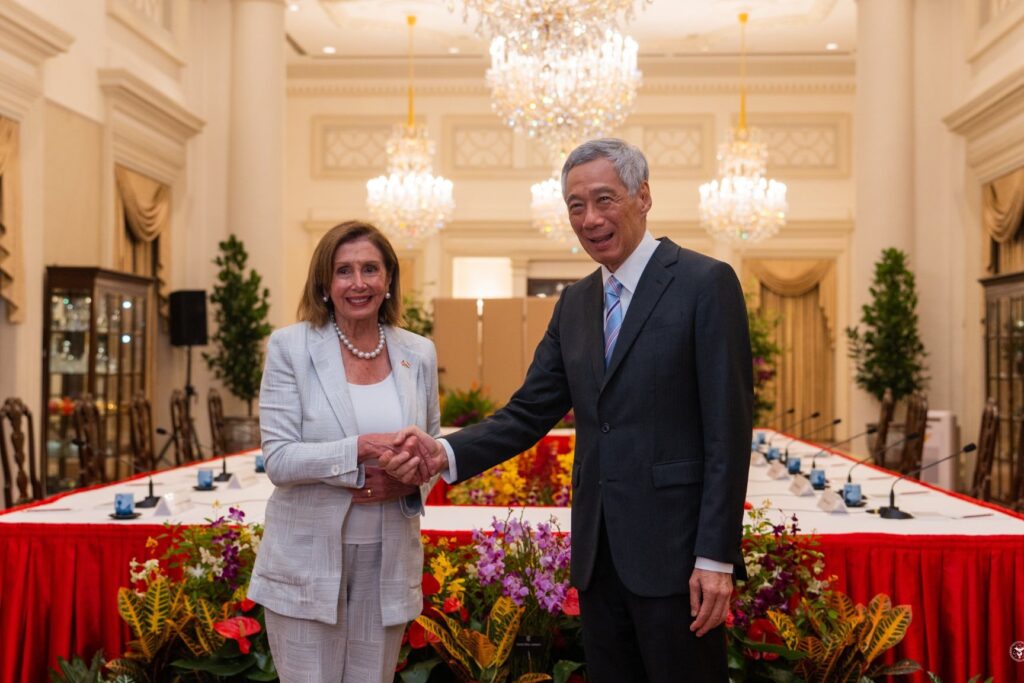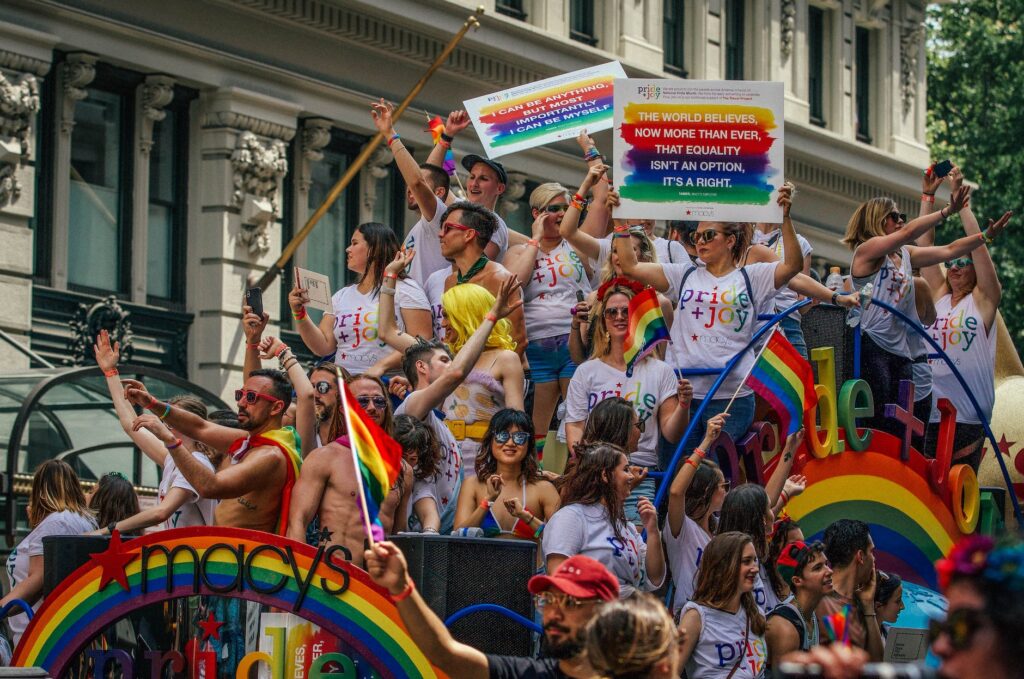When employers wrongly prioritise diversity over competence, compromises are made to safety and justice.
Overview

Employers Are Lowering Competency Standards to Meet Diversity Quotas
When employers are pressured by rating agencies and activist groups to increase employee diversity, they might wrongly assume that the solution is to lower recruitment standards.
This practice can be perceived as patronising, and subsequent hires of minority groups may be viewed as tokenism.
Beyond public perceptions, organisations also risk offering poorer service as organisational culture prioritises diversity over competence.
Some examples mentioned below show that wrong hiring policies can impact life-and-death situations and even risk institutional injustice.
Examples:
Duke Department of Surgery boasts “abandoning all sorts of metrics” to promote diversity
“What we have done, really, is systemic changes to our recruitment process, to try to recruit diverse persons to our programme, and then to retain and support those diverse persons after they get to our programme. So part of this has involved transitioning to [a] holistic review process that we spoke about earlier today, abandoning all sorts of metrics and screens…” [1]
Federal Aviation Administration prioritises hiring for diversity over competence for airport operations
“We are troubled by some recent reports regarding your agency’s hiring practices and priorities,” wrote Kansas attorney general Kris Kobach, who led the four-page letter. “It seems that the FAA has placed ‘diversity’ bean counting over safety and expertise, and we worry that such misordered priorities could be catastrophic for American travelers.”
Washington State drops bar exam requirement to reduce “barriers” and inequities
“The Washington Bar Licensure Task Force initially proposed the changes last month to advance diversity, equity and inclusion and reduce “barriers” to the legal profession.”
“The best available data indicates that the bar exam disproportionately and unnecessarily blocks historically marginalized groups from entering the practice of law,” the task force explained. “In addition to the racism and classism written into the test itself, the time and financial costs of the test reinforce historical inequities in our profession.”
Delaware bar exam simplified to increase diversity
“No one’s really sure what percentage of Delaware’s roughly 5,000 lawyers are Black or Latino, but leaders in the state’s legal profession have been saying for nearly two years that it’s too low.”
“While court officials are currently in the process of gathering that data, the Supreme Court has responded to a report urging reforms by making three changes to the Delaware Bar Exam and several to the process for admission to the state bar — all in an effort to increase racial diversity.”










